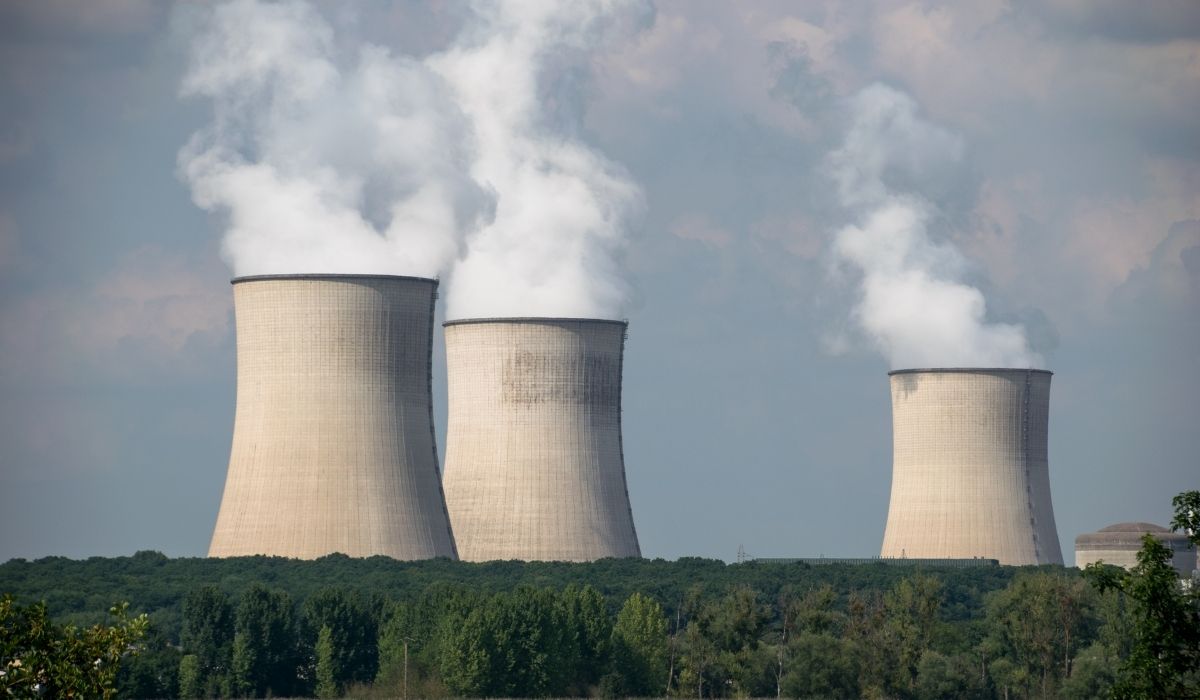A new report, commissioned by Kirklees Council, in partnership with the Kirklees Climate Commission, sets out the basis for how Kirklees could become a net-zero district by 2038.
Produced by the Place-based Climate Action Network (PCAN) team led by Andy Gouldson, Professor of Environmental Policy at the University of Leeds, the report provides the council with the evidence needed to ensure the projects it embarks on will have the right impact.
The report highlights what projects would be most effective in reducing carbon whilst also providing value for money. This means monetary savings for those benefitting from projects and not just cost saving in implementation. Insulating homes provides a good example where carbon reduction is achieved but not outweighed by the cost to install, with those living there hopefully seeing a decrease in energy bills.
Other projects with similar outcomes are highlighted in the report detailing effectiveness, alongside more ambitious and innovative projects that also show potential economic benefits. It also highlights if certain schemes are the best routes to reach targets or whether there are more effective alternatives.
This information is vital to inform Phase 2 of the council’s climate change action plan. Helping it to deliver the right projects which will help it achieve its commitments and 2038 net zero target.
The report also looked at the direct carbon emissions from all fuel and electricity use in the district. And highlighted if the borough continues to emit greenhouse gases at current rates, Kirklees will have used up its entire share of the global carbon budget by the end of 2028.
Transport, buildings, and industry have been identified as significant areas to decarbonise with some of the key projects including improved heating, lighting and insulation in houses; cooling and insulation in offices, shops and restaurants; and a range of measures across the transport sector including a shift to non-motorised transport and wider up-take of electric vehicles.
The council is already underway with many of the projects highlighted as key. Last year saw the relaunch of the green parking permit scheme and an increase in the number of electric vehicle charging points available across the district with plans to enhance this further. To date 69 per cent of the council operated cars are either electric or partially electrically powered.
The delivery of the LED streetlighting scheme is due to be completed in the next twelve months with 98 per cent of streetlights replaced to date. Retrofitting of housing stock was successfully trialled last year at Abbey Road with renewable technologies fitted to provide heating and hot water. Additionally, the Passivhaus pilot project is expected to deliver a minimum of 125 low carbon homes on the site.
Another key part of the assessment shows that the council cannot deliver this alone and that everyone has a responsibility. If we are to reduce the emissions required to achieve the district’s net-zero ambitions, public, private and third sectors as well residents all need to work together to make this happen. Investment would also be needed from organisations and partners in private and public sectors to deliver on some projects.
Councillor Will Simpson, Cabinet Member for Culture and Greener Kirklees said:
“I am proud to have played a part in commissioning this key piece of work which will ensure we deliver efficiently and effectively on our ambitious plans to tackle the climate emergency.
“The work we have done so far has reduced emissions considerably, but there is much further to go, and the release of this Net Zero Assessment will enable us to continue with confidence in publishing a Phase 2 Climate Change Action Plan, building on what we have already achieved, in going above and beyond our Phase 1 actions.
“The roadmap will also play an important role in informing the work of the Kirklees Climate Commission and help prioritise their initial areas of focus.”
The full report can be found on the council’s website www.kirklees.gov.uk/

